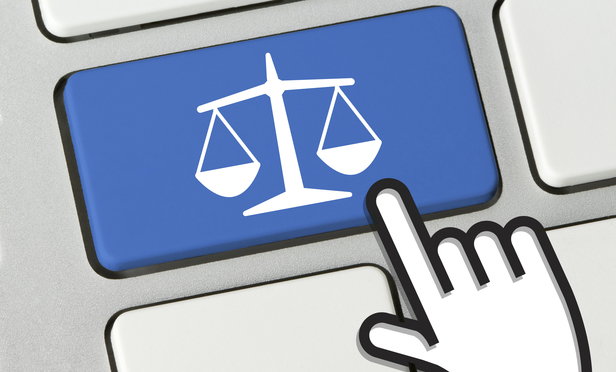Online service providers often collect user data for marketing, which frequently includes sharing the information with third parties. For example, a company that hosts videos or blogs on its website usually includes a “like” button or other social networking plug-in that transmits data from user cookies to those social networking sites. Consumers and web users who find this transmission of data an invasion of privacy can, with the help of the plaintiffs’ bar, sue under various privacy statutes for alleged damages arising out of this practice.
It is still far from clear what techniques are permitted and which ones cross the line. But recent rulings, by U.S. Magistrate Judge Laurel Beeler in an important lawsuit in California, In re Hulu Privacy Litigation, 2014 WL 2758598 (N. D. Cal.), and by New Jersey Federal Judge Stanley Cheslar in a case involving Viacom and Google, have provided some guidance.
Background
This content has been archived. It is available through our partners, LexisNexis® and Bloomberg Law.
To view this content, please continue to their sites.
Not a Lexis Subscriber?
Subscribe Now
Not a Bloomberg Law Subscriber?
Subscribe Now
LexisNexis® and Bloomberg Law are third party online distributors of the broad collection of current and archived versions of ALM's legal news publications. LexisNexis® and Bloomberg Law customers are able to access and use ALM's content, including content from the National Law Journal, The American Lawyer, Legaltech News, The New York Law Journal, and Corporate Counsel, as well as other sources of legal information.
For questions call 1-877-256-2472 or contact us at [email protected]






